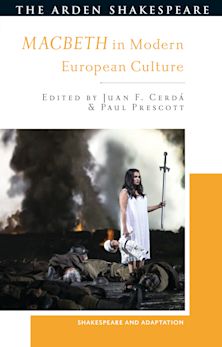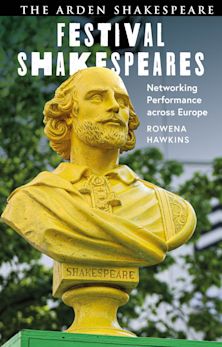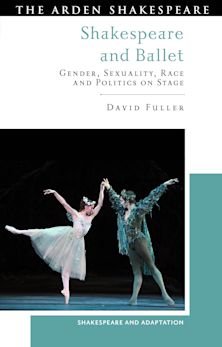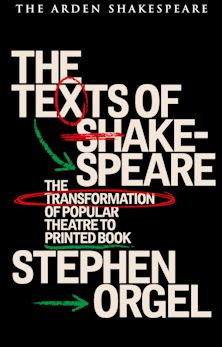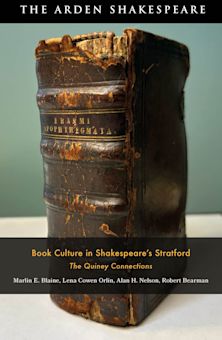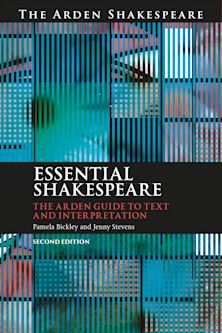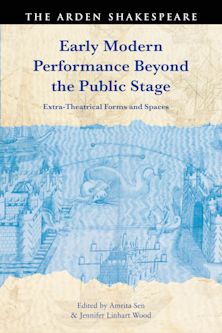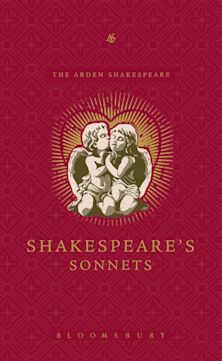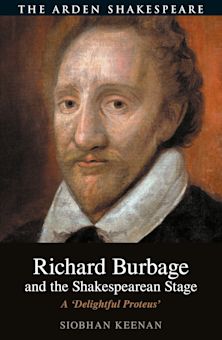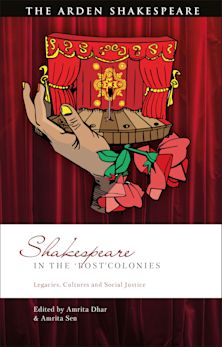- Home
- ACADEMIC
- Drama & Performance Studies
- Shakespeare Studies and Criticism
- Shakespeare and Greece
You must sign in to add this item to your wishlist. Please sign in or create an account
Description
This book seeks to invert Ben Jonson's claim that Shakespeare had 'small Latin and less Greek' and to prove that, in fact, there is more Greek and less Latin in a significant group of Shakespeare's texts: a group whose generic hybridity (tragic-comical-historical-romance) exemplifies the hybridity of Greece in the early modern imagination. To early modern England, Greece was an enigma. It was the origin and idealised pinnacle of Western philosophy, tragedy, democracy, heroic human endeavour and, at the same time, an example of decadence: a fallen state, currently under Ottoman control, and therefore an exotic, dangerous, 'Other' in the most disturbing senses of the word. Indeed, while Britain was struggling to establish itself as a nation state and an imperial authority by emulating classical Greek models, this ambition was radically unsettled by early modern Greece's subjection to the Ottoman Empire, which rendered Europe's eastern borders dramatically vulnerable. Focusing, for the first time, on Shakespeare's 'Greek' texts (Venus and Adonis, The Comedy of Errors, A Midsummer Night's Dream, Love's Labour's Lost, Troilus and Cressida, Timon of Athens, King Lear, Pericles and The Two Noble Kinsmen), the volume considers how Shakespeare's use of antiquity and Greek myth intersects with early modern perceptions of the country and its empire.
Table of Contents
1. The Comedy of Errors and 'farthest Greece', Kent Cartwright
2. Embodying Greece in Elizabethan England: Venus and Adonis and Love's Labour's Lost, Liz Oakley-Brown
3. Greece 'digested in a play': Consuming Greek Heroism in The School of Abuse and Troilus and Cressida, Efterpi Mitsi
4. 'All's with me meet that I can fashion fit': Physis and Nomos in King Lear, Nic Panagopoulo
5. Hospitality, Friendship and Republicanism in Timon of Athens, John Drakakis
6. 'To take our imagination / From bourn to bourn, region to region': The Politics of Greek Topographies in Pericles, Vassiliki Markidou
7. Reshaping Athens in A Midsummer Night's Dream and The Two Noble Kinsmen, Alison Findlay
8. A Midsummer Night's Dream in Modern Athens, Mara Yanni
Selected Bibliography
Product details

| Published | 26 Jan 2017 |
|---|---|
| Format | Ebook (PDF) |
| Edition | 1st |
| Extent | 304 |
| ISBN | 9781474244275 |
| Imprint | The Arden Shakespeare |
| Publisher | Bloomsbury Publishing |
About the contributors

ONLINE RESOURCES
Bloomsbury Collections
This book is available on Bloomsbury Collections where your library has access.












